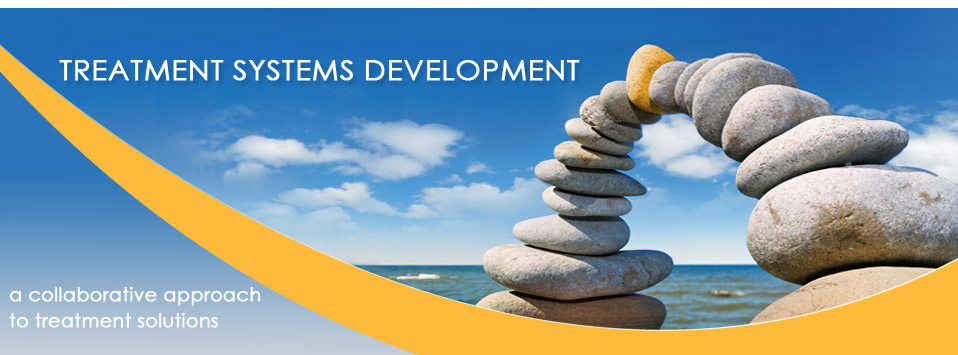Main Services
Recent Survey
INDUSTRY TRENDS

|
Beyond the impact that the current economic climate has had on the conversion of inquiries to admissions, decreases in public accessibility to psychiatric services, managed care, and federal regulatory developments have placed tremendous additional pressure on providers. Small and mid range providers are trying to find their place at the table as larger corporate providers acquire additional programs to centralize services and keep revenue in-house. With the federal regulatory changes on the horizon including the electronic medical record and the approval of the federal Mental Health Parity and Addiction Equity Act, health care reform has begun to define the standards of best practice in the addiction treatment industry that was previously reserved for other branches of health care. Companies that have a stake in this industry deserve a voice in the regulatory development and emerging definition of best practice. |
In many cases, behavioral healthcare and the addiction treatment industry evolved from a cottage industry as adjunct to traditional institutional medical providers and psychiatric hospitals, overlooking the kind of rigorous fiscal constraints and strategic planning that is employed in more traditional business models. The question is not whether you will have to adapt and change to remain competitive; it’s will you change quickly enough to remain relevant in the market.
To stay competitive in this rapidly changing market it’s essential to develop sustainable business practices that better meet stakeholder needs. With vision and foresight, your company can mediate changes in the industry, chart an action plan to position yourself to take advantage of opportunities in the market, differentiate your product from the competition and open new avenues to revenue.
Your company’s value in the industry is dependent on its ability to incorporate stakeholder needs into organizational systems and product offerings. Treatment Systems Development can help you rally a strategic response to the cultural and regulatory changes emerging in the industry. We can help advance your institutional dialog from marketing the product that you have, to developing a product that’s more marketable, by implementing executable initiatives that insure your company’s future in the market.
RECENT SOLUTIONS

|
Primary Psychiatric Setting Losing Revenue: Situation - A licensed residential psychiatric hospital was losing potential revenue of clients post-primary treatment that were routinely referred out to intermediary care programs. Additionally, the facility had not differentiated programming specific to relapse-prone clients. Response – Developed an independent curriculum for an extended intermediary level of care focused on the relationship between co-occurring issues and relapse prevention for clients who needed extended treatment, and offered specialized programming for relapse-prone clients. Result – Extended the average length of stay for primary admissions, added value to stakeholders through programming to address recidivism and expanded revenue streams. |

|
Residential Extended Care Losing Market Share: Situation - A licensed nationally accredited extended residential treatment program having difficulty retaining referral streams. Response – Expanded admission criteria, incorporated a primary treatment program, developed a descending continuum of services to expand the average length of stay, and assisted in rebranding and re-launch. Result – Positioned client more competitively in the market to broaden admissions, increased average length of stay and the facility’s ability to keep revenue in-house. |

|
Intensive Outpatient Program Has Difficulty with Client Retention: Situation - A state licensed intensive outpatient program with adjacent residential housing that specialized in extended care for relapse-prone clients was having difficulty maintaining a therapeutic alliance with families during atypical treatment incidents. Response – Developed operational systems and a standardized protocol for family services without the overhead of a formalized family program to cultivate a therapeutic alliance that would allow the clinical team time to discover and mediate co-factors for relapse-prone clients. Result – Extended the average length of stay for clients by moving clients across a descending continuum of services depending on the structure needed to aid client stabilization. |

|
Sober Living Environment Startup Developing a Business Plan: Situation - A business start-up trying to distinguish themselves as a high-end sober living environment needed to position themselves competitively in the market and secure funding. Response – Assisted them with national registration and differentiated a set of features and services based on the parameters of established standards that would add value to stakeholders within their scope of practice. Result – Moved start-up development plan toward live launch. |
